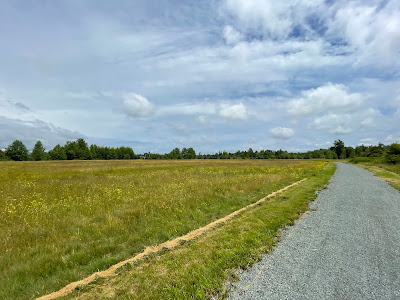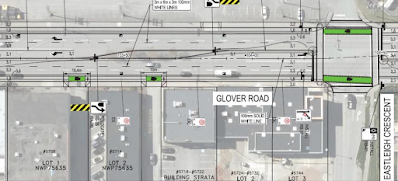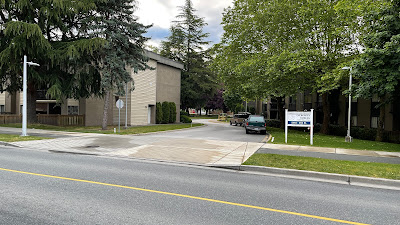On Monday night, Langley City held a virtual public hearing about the proposed new Official Community Plan.
An Official Community Plan is a foundational bylaw. It is almost like the constitution for a municipality in BC. All bylaws, plans, and development must be consistent with a municipality’s Official Community Plan.
Langley City has provided multiple opportunities for people to submit feedback on the proposed Official Community Plan. You can read more about this in the Official Community Plan & Nicomekl River District Neighbourhood Plan Engagement Summary, and in a previous post, including how City staff have incorporated that feedback into the proposed new Official Community Plan.
Monday’s public hearing was the last opportunity to provide feedback. In fact, under BC law, Council cannot consider any feedback received about the proposed new Official Community Plan after the public hearing.
Council received around 35 written submissions for the public hearing, approximately 28 members of the public attended via Zoom, and around a dozen people provided verbal feedback at the hearing.
Council received the most feedback about a proposed east/west trail connecting 200th Street to Surrey. Residents in the area were concerned that the trail could impact their privacy and safety. While supportive of the trail, they want it as far away from their properties as possible. Some people proposed that the City place the trail on the north side of the Nicokemkl River.

|
| Proposed path of concern, highlighted in yellow. Select map to enlarge. |
The second most feedback that Council received was about the proposed land-use change to allow townhouses and “plexes” along 200th Street and 208th Street. The majority of this feedback came from residents living in the area bound by 200A Street, 50A Avenue, 201A Street, and 50th Avenue.
Several people living in and around the duplex area along 53 Avenue expressed concern about the scale and design of townhouses, and safety concerns around a proposed road connecting 54th Avenue to 198A Street.
Council also received other feedback.
Council heard that some people thought the ablity to build one attached secondary suite and one detached garden suite in single-family lots with specific size requirements was too restrictive.
Council also received feedback supporting the proposed land-use plan to enable more affordable housing options for younger people.
Generally, people provided feedback that the City must protect our environment and improve the tree canopy. There was strong support for the proposed environmental policies in the proposed Official Community Plan.
Council is now considering the feedback from the public hearing. Members of Council can use this feedback to propose updates to the draft new Official Community Plan.































